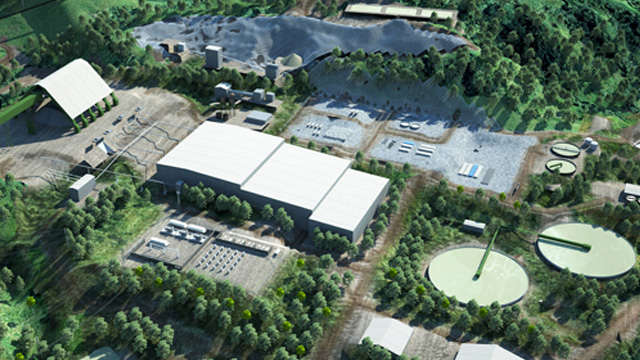SUMMARY
This is AI generated summarization, which may have errors. For context, always refer to the full article.

MANILA, Philippines – The draft of a bill detailing a new revenue-sharing scheme between the Philippine government and mining companies has been finalized and will be submitted to the Office of the President.
In the draft bill, companies will either pay 10% tax on gross revenues or 45% to 55% tax on adjusted mining revenues plus a percentage of windfall profit, whichever leads to higher earnings for the government, according to the Mines and Geosciences Bureau (MGB) under the Department of Environment and Natural Resources.
Adjusted mining revenues refer to the difference between gross sales and direct mining cost and administrative expenses.
According to MGB Director Leo Jasareno, these taxes would replace all national and local taxes, except value-added tax, real property tax, environmental fee, water usage fee, SEC fee, donor’s tax, capital gains tax, stock transaction tax, documentary stamp tax and administration and judicial fees.
The draft, completed by the Mining Industry Coordinating Council, will be submitted to Congress after it is approved by President Benigno Aquino III.
The completion of the draft bill is a step closer to a mining reform law highly anticipated by business groups.
The Aquino administration must enact an “internationally-competitive” revenue-sharing mechanism in order to “realize the potential enormous wealth creation from its mineral resource base,” reads a position paper supported by business groups.
President Aquino has said the new mining reform bill would be a priority measure in Congress in the last 3 years of his administration.
Under the present tax regime, mining companies pay regular corporate income tax, business tax and 2% excise tax. They must also give royalty payments to indigenous peoples directly affected by mining operations and royalty for extracted minerals from mineral reservations.
But a new mining policy issued in July 2012, Executive Order 79, prohibited the government from granting new mining contracts pending the approval of a new taxation scheme.
About P12 billion in mining projects are currently on hold amid the revenue-sharing issue. – Rappler.com
Add a comment
How does this make you feel?
There are no comments yet. Add your comment to start the conversation.